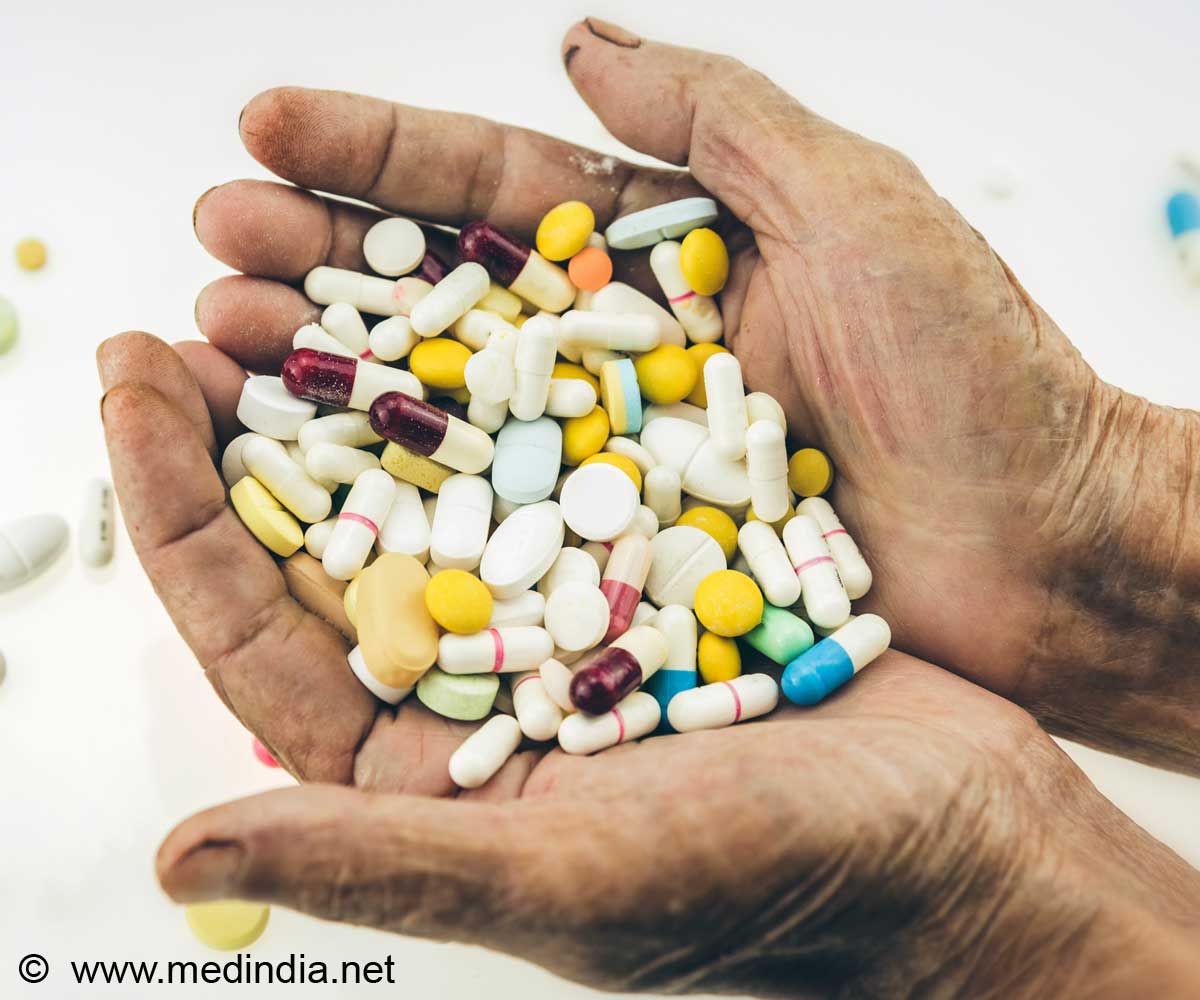After the nation's biggest drug firm pleaded guilty to US charges of making adulterated medicines, India defended its lucrative generic drug industry as safe and strongly regulated.

India's "pharmaceutical sector is a highly regulated one and the exports are heavily guided by various regulatory regimes of the importing countries", the government said in a statement.
The statement came after New Delhi-based Ranbaxy Laboratories, India's largest drug company by sales, pleaded guilty in the United States to criminal charges of making adulterated medicines and agreed to a $500 million settlement.
The fraud, investigated over eight years by US authorities, was brought to light by a whistle-blowing ex-employee, who said Ranbaxy created "a complicated trail of falsified records and dangerous manufacturing practices".
India built a reputation as the "pharmacy to the world" for its production of life-saving generic versions of medicines for poor nations that cost a fraction of brand-name versions.
But analysts have warned that Indian drugmakers may find it tough to win new contracts in their main US market, with the case involving New Delhi-based Ranbaxy raising questions about the safety and quality of Indian-made drugs.
Advertisement
The country "has proven international quality standard capabilities", the government said.
Advertisement
India's drug exports totalled $14.6 billion in the financial year to March 31, marking growth of nearly 11 percent from the previous year.
Japanese drug company Daiichi Sankyo which bought Ranbaxy in 2008, has since alleged that the Indian firm's former owners hid vital information about US regulatory inquiries at the time of the $4.6-billion purchase.
The charges have been strongly denied by the billionaire Singh family which used to control the company.
India has long alleged that some complaints about the quality of its generic medicines originate with rival brand-name manufacturers unhappy about the growing use of cheaper knock-off drugs as developed nations tackle soaring health care costs.
Source-AFP










